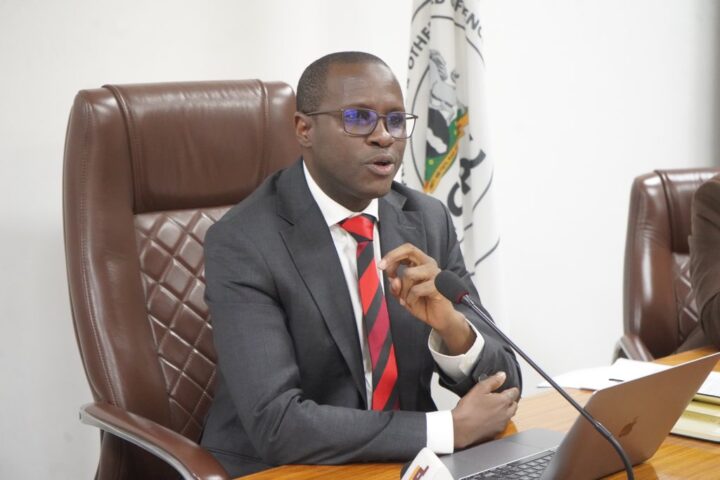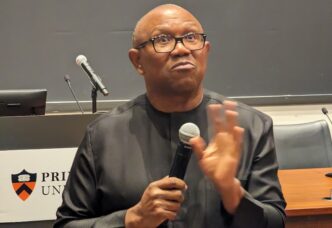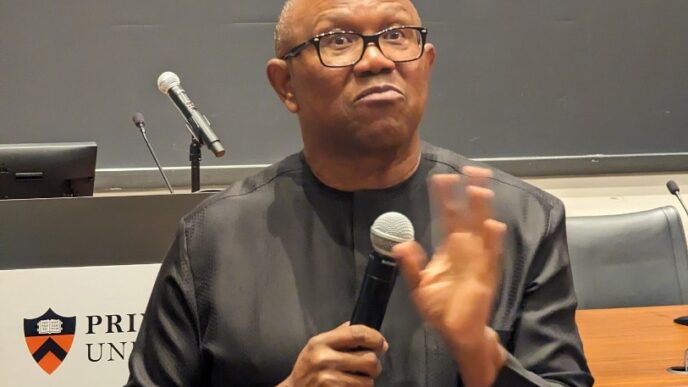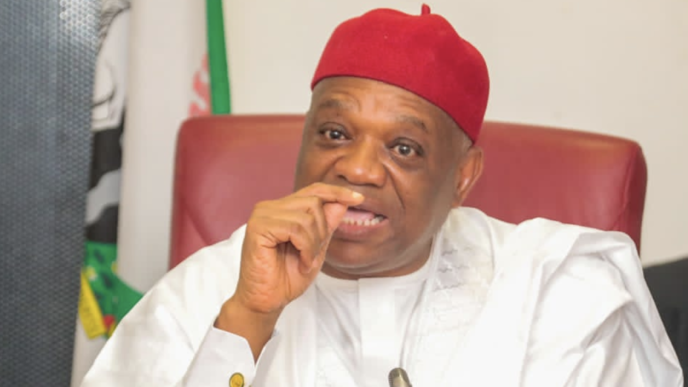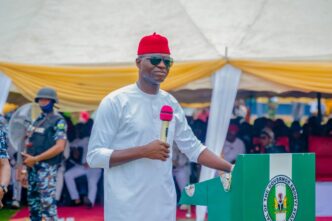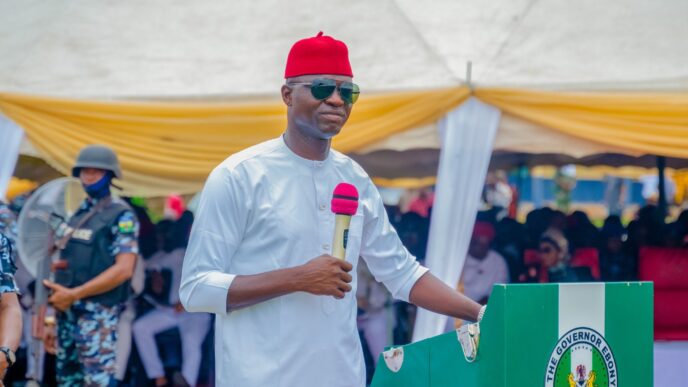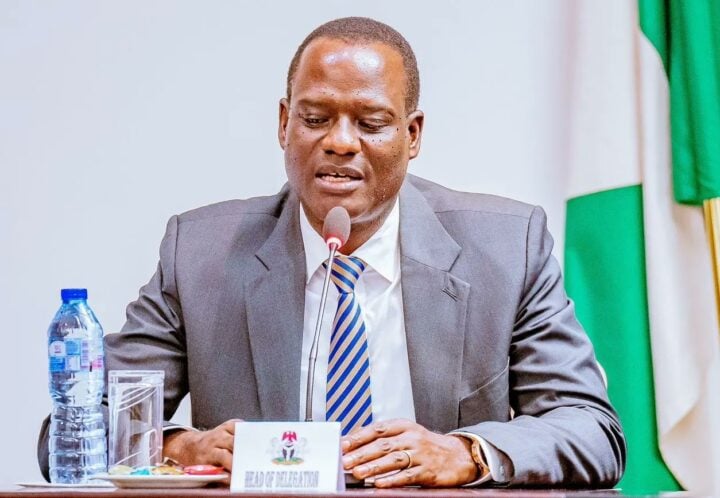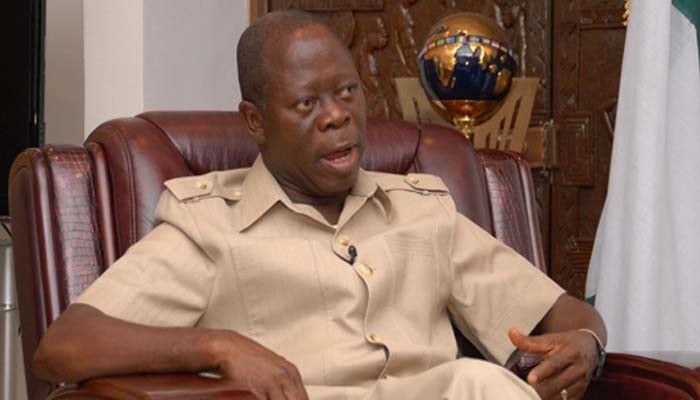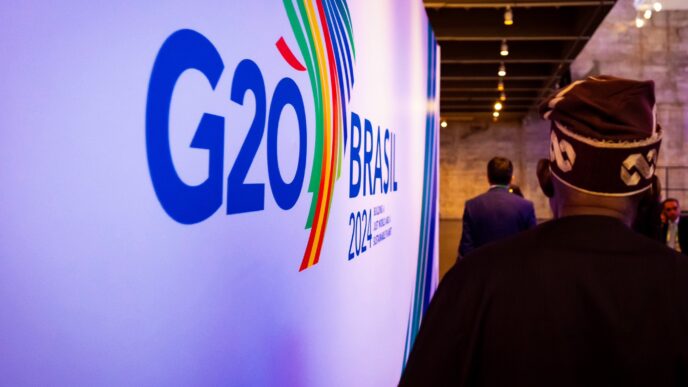Musa Aliyu, ICPC chair
Musa Aliyu, chairman of the Independent Corrupt Practices and Other Related Offences Commission (ICPC), says 70 percent of Nigerians approached for a bribe in 2023 refused to comply.
Aliyu spoke in Kano on Monday at the ICPC roundtable with state attorneys-general in the north-west on strengthening the commission’s capacity for corruption prevention.
The ICPC chairman noted that the ‘2023 corruption in Nigeria: Patterns and trends report by the National Bureau of Statistics (NBS) and United Nations Office on Drugs and Crime (UNODC) revealed significant bribery prevalence in the north-west region and trends across Nigeria.
“Bribery is most common in public utilities, law enforcement, and administrative services,” he said.
Advertisement
“However, despite these challenges, the positive news is that 70 percent of Nigerians approached for a bribe in 2023 refused to comply on at least one occasion.
“In the north-west, 76 percent of individuals who encountered bribery requests resisted—the highest refusal rate among Nigeria’s geopolitical zones, indicating growing resistance to bribery in the region.”
The ICPC chairman noted that the state and federal governments have shared responsibility in tackling corruption.
Advertisement
He stated that this collaboration provides an opportunity to ensure that systems are accountable and transparent.
“In this regard, I call on the attorneys-general of the north-west to collaborate closely with ICPC to fortify systems of accountability and transparency that serve the people,” he said.
“Under section 6 of the Corrupt Practices and Other Related Offences Commission Act, ICPC is empowered to investigate and prosecute corruption across all sectors of public service, but your support and the local knowledge you bring are essential to making this effort more effective.”
He called for continuous encouragement of the people of the north-west to resist bribery demands.
Advertisement
“As chairman of the ICPC, I am committed to ensuring that the commission uses its law enforcement powers and preventive measures, which include enlisting and fostering public support in combating corruption in Nigeria within the confines of the law,” he said.
Aliyu added that pillar five of Nigeria’s national anti-corruption strategy (NACS II), collaboration and partnerships, remain a cornerstone of the fight against corruption.
Add a comment
